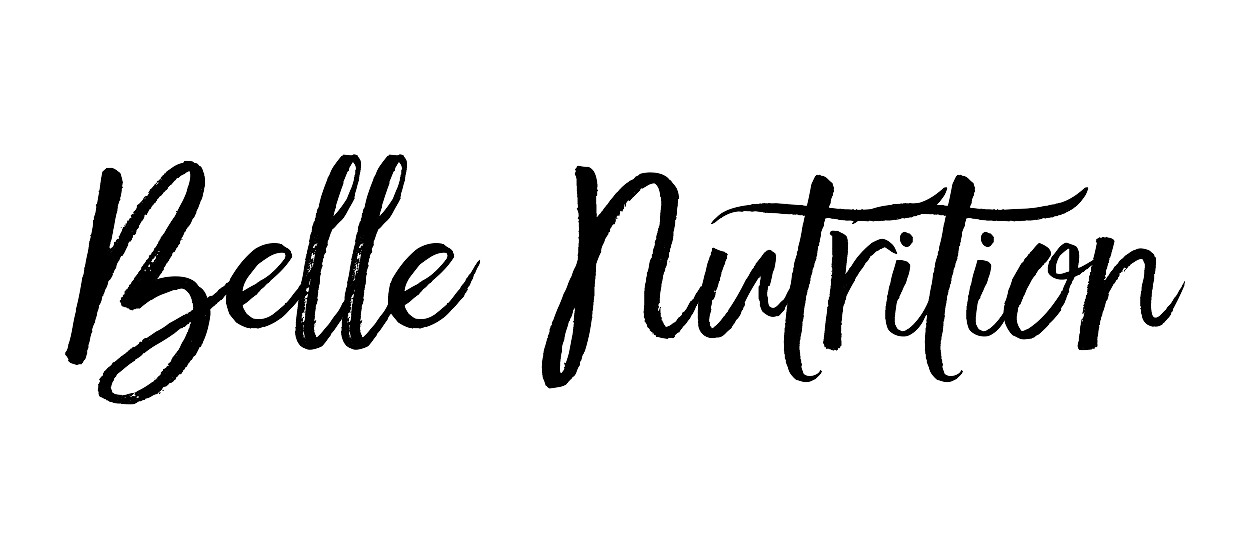Weight loss can be a frustrating game. Headlines tell us that ‘Over 1/3 of Brits are Unhappy with their Weight’ and ‘90% of Teens are Unhappy with their Body Shape’. So what drives this obsession with weight loss and how to approach it are clearly hot topics.
Obesity and Eating Disorders is one of my lecture topics with the College of Naturopathic Medicine so I’ve spent many hours looking into the why and wherefores, studying intuitive eating and using such strategies with clients successfully. The triggers of obesity and disordered eating are clearly multi-factorial and there is NO one size fits all approach. For this reason it is vital to look for root causes on a case by case basis. Causative factors can be traced back to the womb. Some children are born with a predisposition to ‘hyperplastic obesity’ which is a condition in which an increased number of fat cells exist throughout the body ALL with the potential to become ‘full’ of fat. An excess of calories from the mother during these early stages of development can lead a child to have a propensity for weight gain* illustrating the need for careful pre-conceptual care. Other triggers include (but are not limited to) stress levels, sedentary lifestyles, eating behaviours, emotion around food, an imbalance in the appetite hormones and even gut flora.
Each weight loss case is different. Anyone offering a generic approach to dieting is not considering causative factors. In the same way that not everyone is suited to lifting weights or running marathons or wearing skinny jeans: we are all unique human beings who need to be considered on an individual basis. And this is where the frustration stems from. There is a wealth of general information out there telling us to follow extreme dietary regimes but do they suit us on an individual level? For e.g. a high fat/low carb diet is not workable if you have a fat malabsorption problem and could lead to weight gain plus digestive distress. Or a high protein diet in the long term could be catastrophic for anyone with kidney dysfunction. What about substituting meals for branded weight loss shakes or bars? Where is the joy in this for someone who is already feeling shamed about their weight gain. I know from experience with many clients how devastating this can be as any former love of food is sabotaged by a tight and joyless routine of swapping real food for sachets of flavoured powder or chewable capsules with the only pleasurable moment of the week being a ‘cheat day’ or such like. Words such as cheat, shame, guilty these should not be associated with foods at all. Being motivated to change by feelings around guilt when being weighed in front of a room full of people is not getting to the root cause of a problem which could well be feelings of shame around being ‘overweight’, as shame and any level of depression could be triggering a pattern of comfort eating.
If you are confused about weight loss and would like a bespoke approach do get in touch. There will be no judgement and certainly no generic approach. Causative factors will be looked into and a plan put together based on supporting any bodily systems under stress (could this be the liver which is indeed the major organ of fat burning!), nutrient imbalances, addressing feelings and emotions around foods and creating a nutritional and practical plan which will be designed to re-instate the joy of food whilst working on long term weight reduction.
So what is the best diet for weight loss? Answer - the one that is right for you. And in the same way that you wouldn’t cut your own hair to get it to look its best, it’s a wise decision to seek expert help when feeling frustrated with weight loss.

